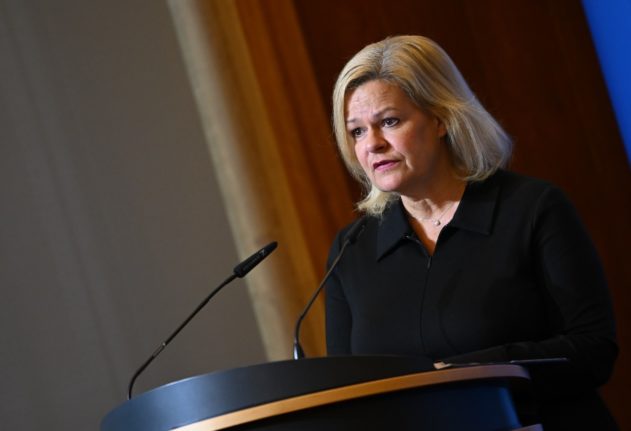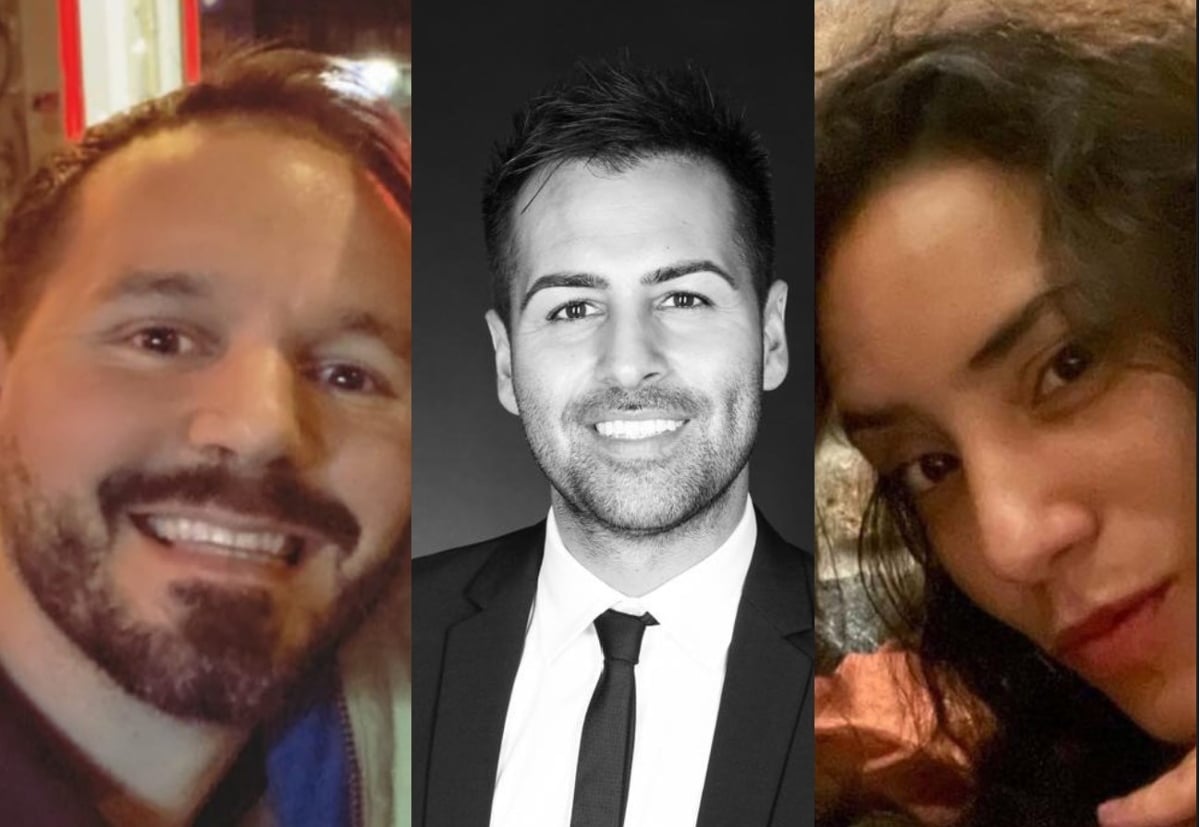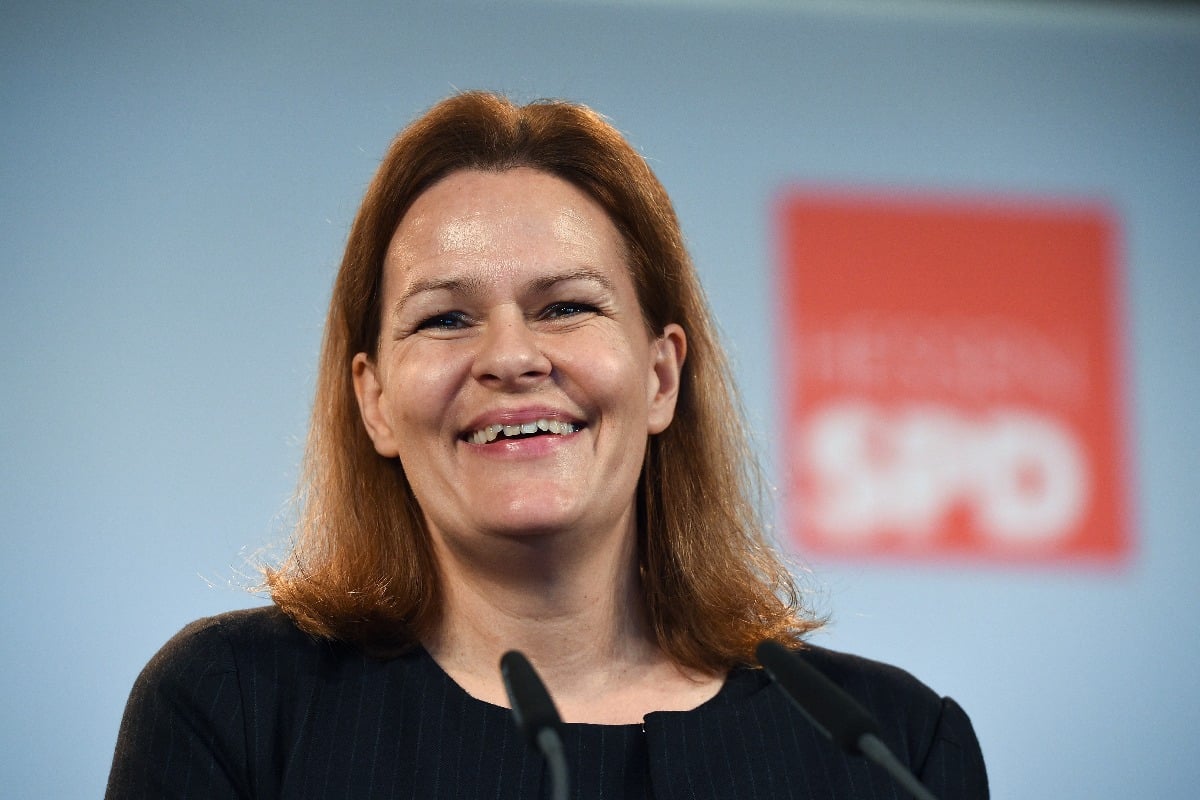As Germany prepares to introduce its major reform of citizenship laws, a slightly more subtle change is also on the way: the Interior Ministry has drafted a range of new questions to add to the citizenship test.
The news comes after months of pressure on the government to find a way to clamp down on anti-Semitism and racism while also loosening up the restrictions on citizenship.
According to Spiegel, there are 12 new questions that are likely to become part of the citizenship test, covering everything from the history of Jews in Germany to the founding of the state of Israel, as well as specific questions that tackle forms of anti-Semitism.
READ ALSO: Why Germany is shaking up citizenship test questions
Following an ordinance from the Interior Ministry, they will be added to the official selection of citizenship test questions, pushing the number of potential questions up to 322 (including 10 questions that are specific to your federal state).
Of these, 33 are selected for each test, and you have to get at least 17 right in order to pass.
We’ve listed the new questions below in English and have highlighted the correct answers.
Let’s see how many you can get right!
Germany’s new citizenship test questions
Where do the majority of Jews who currently live in Germany come from?
1. Israel
2. Former Soviet Union countries
3. The USA
4. From Western Europe
How many years ago was there a Jewish community in what is now Germany for the first time?
1. Around 300 years ago
2. Around 700 years ago
3. Around 1150 years ago
4. Around 1700 years ago
Who can become a member of the 40 or so Jewish Maccabi sports clubs?
1. Only Germans
2. Only Israelis
3. Only religious people
4. Everyone
Which cities have the largest Jewish communities in Germany?
1. Berlin and Munich
2. Hamburg and Essen
3. Nuremberg and Stuttgart
4. Worms and Speyer
What is the name of the Jewish house of prayer?
1. Basilica
2. Mosque
3. Synagogue
4. Church
When was the state of Israel founded?
1. 1945
2. 1948
3. 1922
4. 1973
On what legal basis was the state of Israel founded?
1. A United Nations (UN) resolution
2. A resolution of the Zionist congress
3. A recommendation from the German federal government
4. A recommendation from the Soviet Union (USSR)
TEST: Could you pass the German citizenship exam?
What is the reason for Germany’s special responsibility for Israel?
1. Germany’s membership of the European Union (EU)
2. Crimes committed under National Socialism
3. The German constitution (Grundgesetz)
4. Christian tradition
What is an example of anti-Semitic behaviour?
1. Attending a Jewish festival
2. Criticising the state of Israel
3. Holocaust denial
4. Playing football against a Jewish team
What do the so-called “Stolpersteine”, or stumbling stones, in Germany commemorate?
1. Famous German politicians
2. Victims of National Socialism
3. People who died in traffic accidents
4. Well-known Jewish musicians
How can someone who denies the Holocaust be punished?
1. Cuts to benefits or welfare payments
2. Up to 100 hours of community service
3. They can’t be – Holocaust denial is allowed in Germany
4. With a prison sentence of up to five years or a fine
Which act relating to the state of Israel is prohibited in Germany?
1. Publicly criticising Israel’s policies
2. Hanging an Israeli flag on private property
3. Discussing Israeli politics
4. Openly calling for the destruction of the state of Israel
If you’d like to know more about the documents you need to apply for German citizenship – and how to do it – check out our explainers below:






 Please whitelist us to continue reading.
Please whitelist us to continue reading.
So if new immigrants answer these questions correctly, that would solve the problem of antisemitism in Germany? What a childish way of “solving” this issue.
Will I need to retake the test if I already passed the Leben in Deutschland test before the new questions were added? If so, that’s pretty frustrating considering the awfully long waiting times.